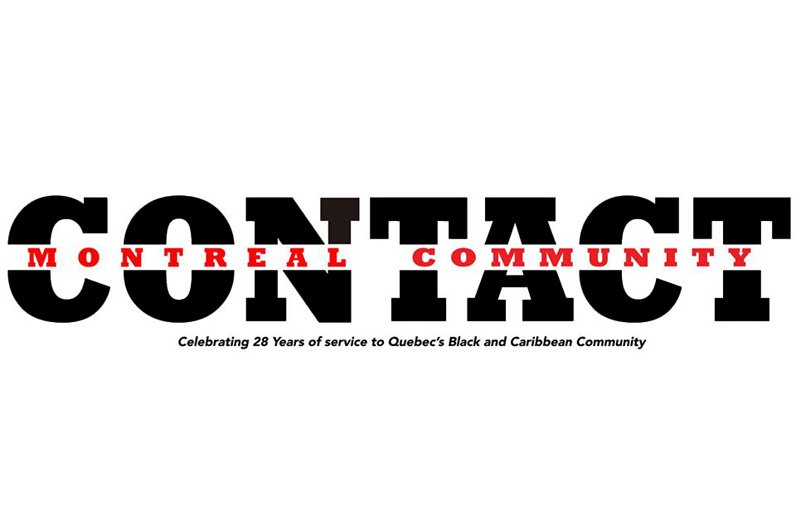Marjorie Villefranche
CEO of Maison d’Haïti
For 2 years now, Haiti has been facing a multi-dimensional political, economic, health and security crisis. This crisis particularly affects vulnerable populations, with women, girls and children in Haiti experiencing or witnessing unimaginable violence. The crisis is exacerbated by a number of aggravating factors: multiple massacres, a critical shortage of drinking water, medicines and food, and the risk of epidemics are threatening the lives of 11 million people. In this context, it is urgent to protect the lives of Haitian citizens, currently threatened by the escalation of violence. The forced displacement of populations from zones of violence intensifies the need for aid in the regions that receive them. It is therefore crucial to provide assistance and resources for these regions. For months now, the Haitian capital has been in the hands of armed gangs who are holding a vulnerable population hostage.
Obviously, Haiti’s political and economic elites must assume their share of responsibility for the multiple crises that have led to the current catastrophic situation, but other international players must also shoulder their share of responsibility. The United Nations and the Core Group also have their share of responsibility, as repeated international interventions have not only failed to deliver, but have also contributed to the dangerous situation we are currently experiencing. Since 2004, the UN has had a military presence in Haiti through various stabilization missions, the most recent of which, the United Nations Integrated Office in Haiti (BINUH), is still active. All levels of Haitian society cannot forget the UN’s responsibility for the weakening of the health situation due to the cholera epidemic introduced into Haiti by the peacekeepers. This health catastrophe claimed thousands of lives, and Haiti has never received compensation.
Once again, the UN and the Core Group have concocted a flawed solution with Haiti’s political elite, the 9-member Presidential Transitional Council and the presence of a multinational force to be led by Kenya. A new Prime Minister, Gary Conille, was tasked with forming a new government, which he presented on June 11. Kenyan President William Ruto recently stated that Kenya looks forward to working with Dr Conille and his government to put Haiti back on the path to sustainable development.
A few days ago, the Presidential Council visited the construction site of the multinational force’s base in the vicinity of Port-au-Prince’s Toussaint Louverture international airport. With the first Kenyan troops due to arrive in the country by mid-June at the latest, many citizens are worried and no longer really believe in this kind of solution, whose ineffectiveness is no longer in doubt.
Faced with this alarming situation, the Haitian diaspora in Canada has urged the Canadian government to assume a leadership role within the international community in order to find, together with credible Haitian players, immediate and lasting solutions to put an end to the political crisis and the ensuing violence. The way things are going in Haiti, Canada’s response so far hasn’t really lived up to expectations. It’s a shame, and a missed opportunity.












